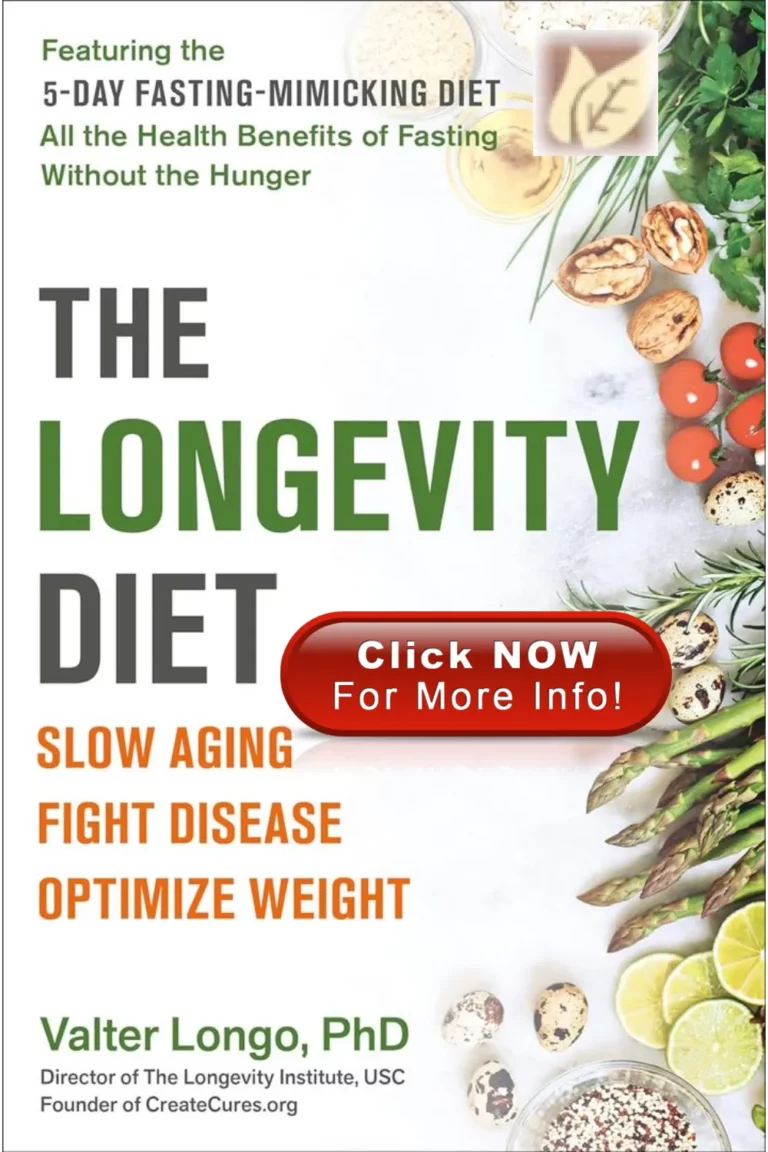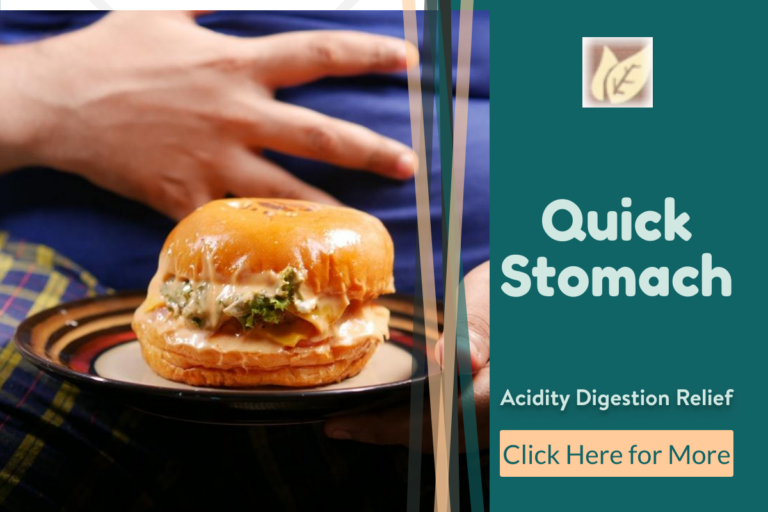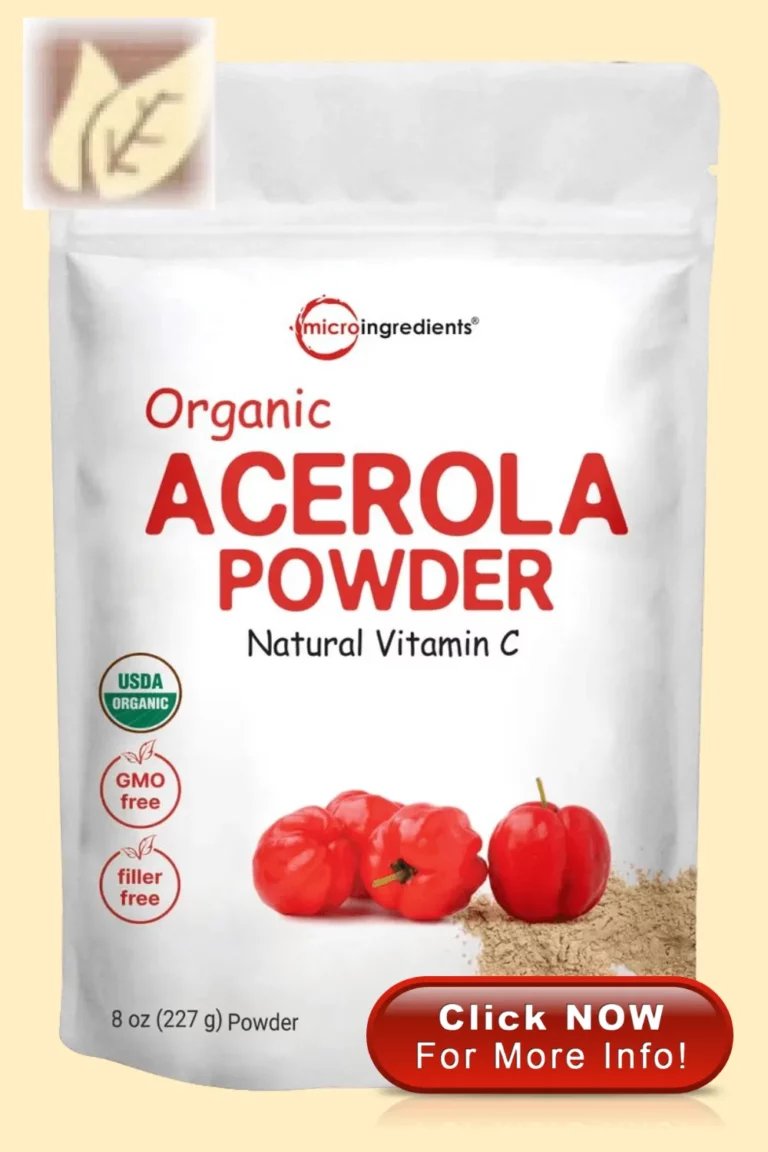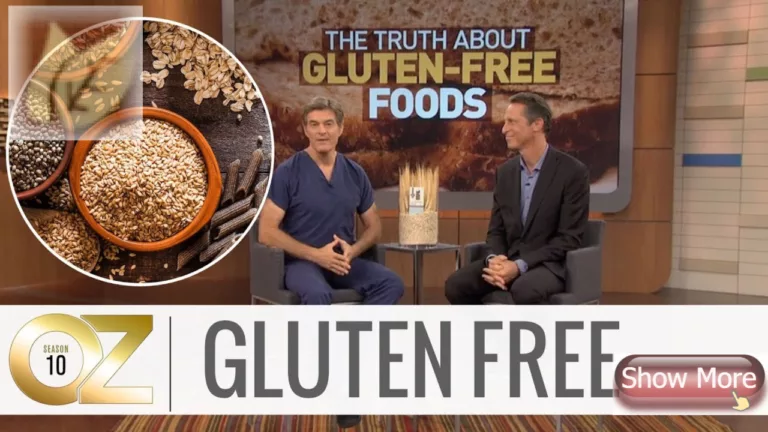7 Boost tips Protein Nutrition in Your Diet
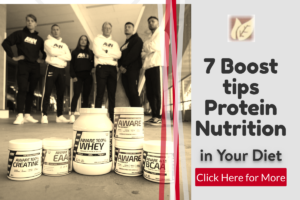
Protein is an essential part of our diet and is needed for many bodily functions and maintaining balanced nutrition. Here are 7 Boost tips for Protein Nutrition in Your Diet
They create digestive enzymes, transport vitamins and nutrients and help build muscle tissue.
Protein is an essential part of our diet and is needed for many bodily functions and maintaining balanced nutrition. Here are 7 Boost tips Protein Nutrition in Your Diet
They create digestive enzymes, transport vitamins and nutrients and help build muscle tissue.
The body needs protein to repair itself after exercise or injury. It also helps the immune system function properly by building antibodies that fight off disease-causing organisms in your body.
A healthy adult should eat about 0.8 grams per kilogram of their ideal weight each day. This means a 150 lb person would need around 50 g of protein daily.
However, this amount can be increased if you are active or train hard. For example, athletes may require 1 gram per pound of lean mass while those who do not train often will only need 30% more than they normally consume.
7 Boost tips for Protein Nutrition in Your Diet stresses the fact that each meal should include a mix of foods to give your body all the amino acids it needs.
Include a variety of protein sources in your diet such as lean meats, poultry, fish, eggs, dairy, legumes, and nuts.
For vegetarians, plant-based sources like tofu, tempeh, quinoa, and beans can provide the necessary protein intake. Incorporating protein into snacks like Greek yogurt, cottage cheese, protein bars, or protein shakes can help meet daily requirements.
Don’t forget to hydrate well when consuming high-protein diets to support digestion and kidney function.
Consult a nutritionist or healthcare provider for personalized protein intake recommendations based on your activity level and health status.
Table of Contents 7 Boost tips Protein Nutrition in Your Diet
What Types Of Foods Are Best Sources Of Protein?
“7 Tips to Boost Protein Nutrition in Your Diet highlights the two categories that proteins can be classified into: incomplete and complete.”
Incomplete protein is derived from fruits, grains, vegetables, and nuts. It is considered incomplete because it doesn’t provide all the necessary amino acids to build new proteins.
Vegetable sources include legumes, nuts, seeds, soy beans, tofu, tempeh, peas, lentils, and grains.
On the other hand, we have complete proteins such as meats and dairy, but these present their own challenges in our diet.
Proteins with saturated fat, calories, sodium, and other unhealthy elements can cause obesity, clogged arteries, high blood pressure, and other negative physical conditions.
Animal sources like meat, fish, poultry, eggs, milk, cheese, and yogurt have a lot of complete proteins. These proteins have all eight amino acids needed for growth and development.
However, it’s important to note that some animal products like beef and pork are higher in cholesterol than others.
Whole milk, skimmed milk, cottage cheese, butter, sour cream, ice cream, and other dairy foods are low in fat and cholesterol.
Soy Protein
Soy is a great alternative to these less desirable sources of nutrition. Soy protein is found in many food products, including cheeses, imitation meat, non-diary drinks, infant formula, desserts and cereals.
It contains no cholesterol, has very little fat, and provides plenty of fiber. However, there are several types of soy available on the market today with varying levels of quality.
Some brands are made using genetically modified ingredients.
There are people who utilize organic methods. The best way to ensure you’re getting good quality soy is to look at labels carefully.
How To Get Enough Protein in 7 Boost tips Protein Nutrition in Your Diet
1. Choose whole wheat bread over white ones. Whole wheat bread tends to be lower in sugar content and higher in fiber. They’re also better for you overall since they don’t cause spikes in insulin levels.
2. Use peanut butter instead of jelly when making sandwiches. Peanut butter is an excellent source of protein and unsaturated fats.
3. Add extra vegetables to meals. Vegetables add bulk without adding too many unwanted calories. Try steamed broccoli, cauliflower, carrots, spinach, mushrooms, peppers, tomatoes, zucchini, cabbage, onions, etc.
4. Eat breakfast every morning. Breakfast keeps your metabolism going throughout the rest of the day. It keeps hunger pangs away and gives you energy to get through the workday.
5. Drink water before eating anything else. Water flushes out toxins and makes digestion easier. If you drink enough water, you won’t feel hungry between meals.
This will help you eat fewer snacks during the day.
6. Don’t skip lunch! Skipping lunch means skipping nutrients and vitamins that could otherwise make up part of your daily intake. You’ll end up feeling tired and sluggish by dinner time.
7. Avoid processed junk food. Processed foods tend to be loaded with preservatives, artificial flavors, colors, sweeteners, and trans fats. These things aren’t healthy for anyone.
Try incorporating lean proteins such as chicken, turkey, fish, tofu, or legumes into your meals.
Proteins are essential for muscle growth and repair. Include healthy fats like avocados, nuts, seeds, and olive oil in your diet. Healthy fats are important for brain function and overall health.
Opt for whole grains like quinoa, brown rice, oats, and whole-wheat bread over refined grains. Whole grains provide more nutrients and fiber.
Snack on fruits, raw vegetables, yogurt, or nuts instead of chips, candies, or sugary treats. Healthy snacks can boost your energy and keep you satisfied between meals.
Practice portion control by using smaller plates, bowls, and utensils. Controlling portion sizes can help prevent overeating and promote weight management.
How protein can help you stay in shape
As mentioned before in the 7 Boost tips Protein Nutrition in Your Diet, Protein and Fiber Keep Us Full Longer.
When we consume more carbohydrates than our bodies need, our stomachs start producing excess glucose. This leads to increased appetite and cravings for sweets or carbs.
When this happens, we often overeat because we want something sweet to satisfy us. We may even snack multiple times per day.
If we have adequate protein in our diet, however, then our body doesn’t produce any additional glucose after consuming carbohydrates.
Protein shakes, powders and supplements
What is protein and how to get it ?
7 Boost tips Protein Nutrition in Your Diet accents the importance of Proteins being the essential building blocks of life. Proteins provide structure to cells and tissues as well as serve as enzymes which catalyze chemical reactions within living organisms.
Hormones have important roles in our body, including maintaining muscle mass, regulating blood pressure, and helping build bones, skin, hair, nails, teeth, muscles, cartilage, ligaments, and connective tissue.
There are two main categories of proteins: structural and functional. Structural proteins include collagen, keratin and elastin.
Functional proteins perform a variety of functions such as transporting oxygen from one cell to another, digesting food, synthesizing DNA, forming antibodies, and releasing neurotransmitters.
There are 20 amino acids required for human growth and development. Nine of these must come from dietary sources while 11 others can be produced by the body itself.
7 Boost tips Protein Nutrition in Your Diet article has laid out key information on good nutrition. Protein is essential for building and maintaining muscles, as well as fighting fatigue. Here are 7 tips to boost protein nutrition in your diet.
Your body naturally produces protein, but it also needs dietary protein to meet daily requirements.
Protein is essential for building muscles and tissues. To ensure a proper intake of amino acids, follow these 7 boost tips for protein nutrition in your diet.
Your body breaks down proteins into amino acids which are used by the body as building blocks. The protein you eat and the protein your body produces work together. Since your body can only store a small amount, it has to rely on dietary protein.
Nine of these must come from dietary sources while 11 others can be produced by the body itself.
7 Boost tips Protein Nutrition in Your Diet article has laid out key information on good nutrition.
Protein is essential for building and maintaining muscles, as well as fighting fatigue. Here are 7 tips to boost protein nutrition in your diet.
Your body naturally produces protein, but it also needs dietary protein to meet daily requirements. Protein is essential for building muscles and tissues. To ensure a proper intake of amino acids, follow these 7 boost tips for protein nutrition in your diet. Y
our body breaks down proteins into amino acids which are used by the body as building blocks.
The protein you eat and the protein your body produces work together. Since your body can only store a small amount, it has to rely on dietary protein.

